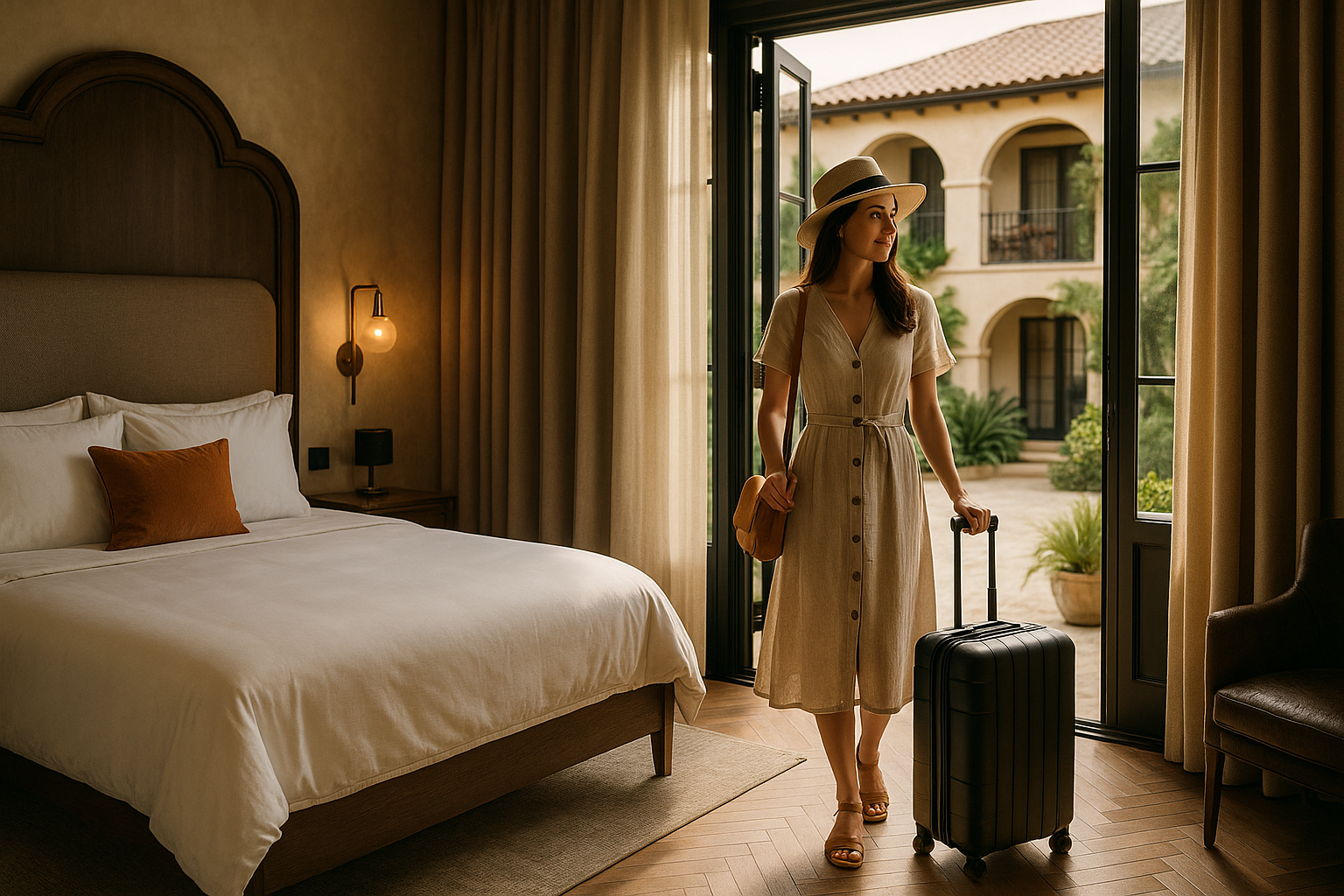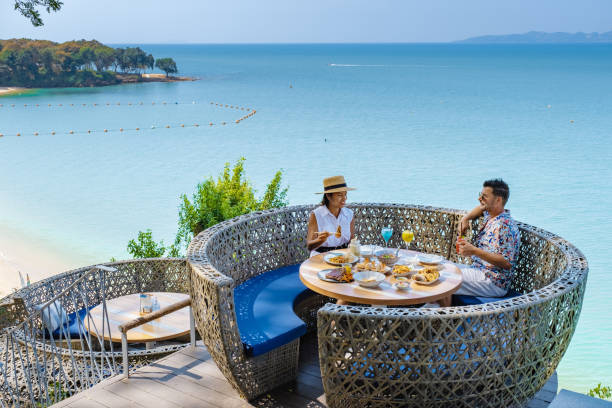"Elevating Your Travel Experiences: The Rise of Boutique Hotels"
In the late 20th century, a new trend emerged in the hospitality industry, challenging the supremacy of traditional, large-scale hotel chains. This new trend, known as boutique hotels, offered a unique, personalized experience to travelers. Boutique hotels, originally popular in North America and Europe, have steadily gained global recognition. Despite their relatively recent emergence, they have their roots in the long-standing tradition of inns and bed and breakfast establishments that prioritized warm, personalized service.

The Current Landscape of Boutique Hotels
Today, boutique hotels are becoming an increasingly popular choice among travelers seeking unique and curated experiences. These establishments not only boast distinctive design aesthetics but also offer enhanced guest services. From locally sourced food to guest-specific activities, they offer a level of customization and personal touch that large chain hotels often lack. This trend indicates a shift in traveler preferences, from standardization to personalization and authenticity.
Advantages and Challenges of Boutique Hotels
Boutique hotels offer several advantages to their guests. Their smaller size allows for more personalized service, and their unique design elements often provide a more immersive cultural experience. They also tend to be more sustainable, using locally sourced products and employing local staff. However, there are challenges too. Boutique hotels may lack some amenities offered by larger chains, such as gyms or business centers. Additionally, their focus on local culture and experiences might not appeal to every traveler.
Boutique Hotels: Impact on Travel Culture
The rise of boutique hotels has significantly impacted travel culture, encouraging a move towards more personalized, experiential, and sustainable travel. This shift has also led to changes in the larger hospitality industry, with many traditional hotels incorporating elements of boutique hotels to meet evolving customer preferences.
A Deeper Dive into the Boutique Hotel Experience
-
Boutique hotels often feature unique and eclectic design elements, reflecting the local culture and history.
-
A commitment to sustainability is a common feature of boutique hotels, incorporating elements like locally sourced food and minimal waste policies.
-
Personalized service is a hallmark of the boutique hotel experience. Staff often go above and beyond to cater to the individual needs and preferences of guests.
Practical Tips for Selecting a Boutique Hotel
-
Do thorough research to ensure the hotel aligns with your personal tastes and preferences.
-
Look for hotels that integrate local culture into their design and experiences.
-
Consider the hotel’s location and proximity to local attractions.
-
Read reviews from previous guests to get a feel for the quality of service.
In conclusion, boutique hotels offer a distinctive blend of personalization, cultural immersion, and sustainability. They represent a shift towards more experiential and personalized travel, enriching the journey of the modern traveler. Whether you’re a seasoned globetrotter or planning your first adventure, consider staying at a boutique hotel on your next trip to truly elevate your travel experience.




